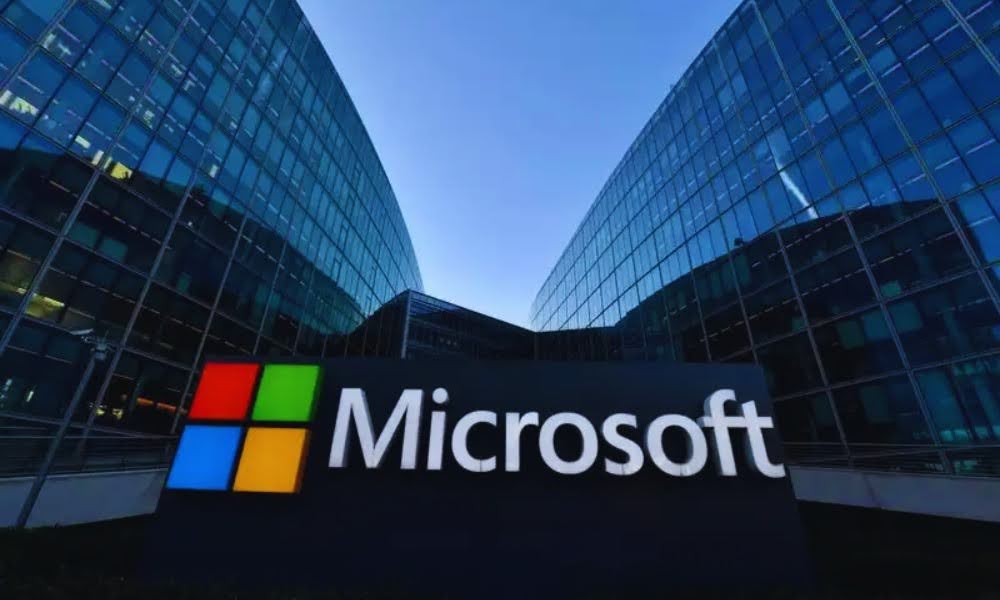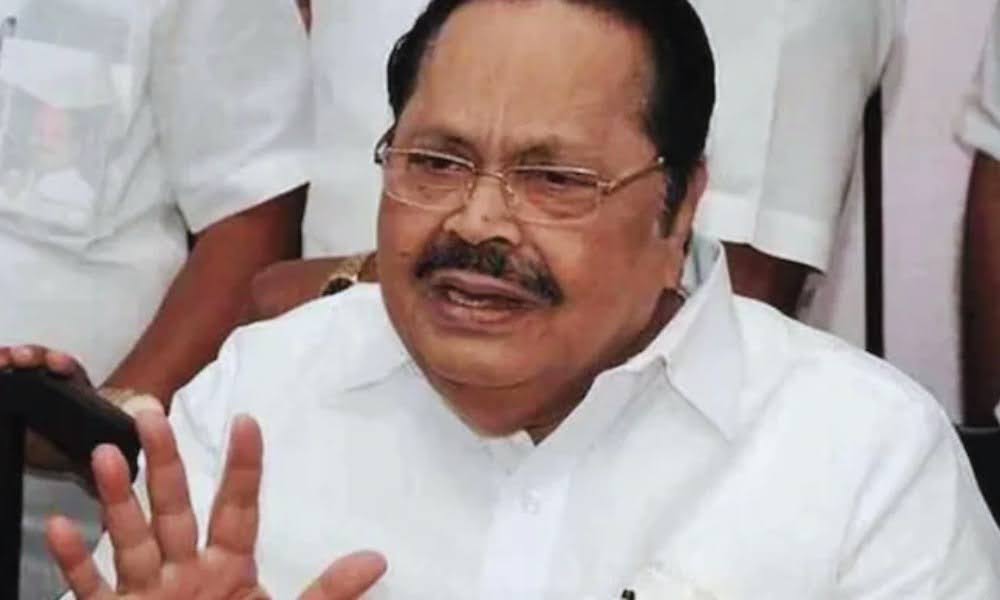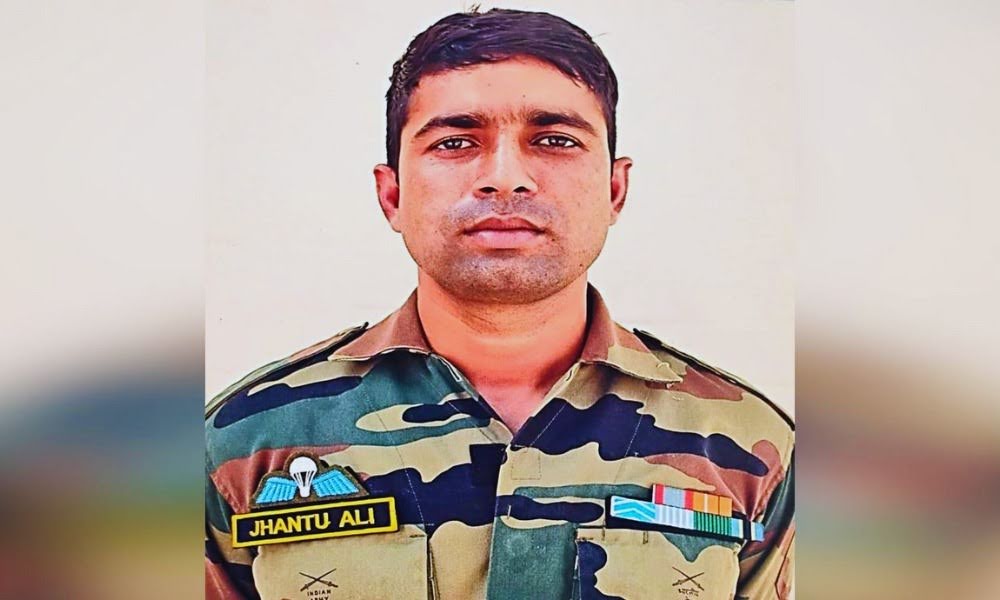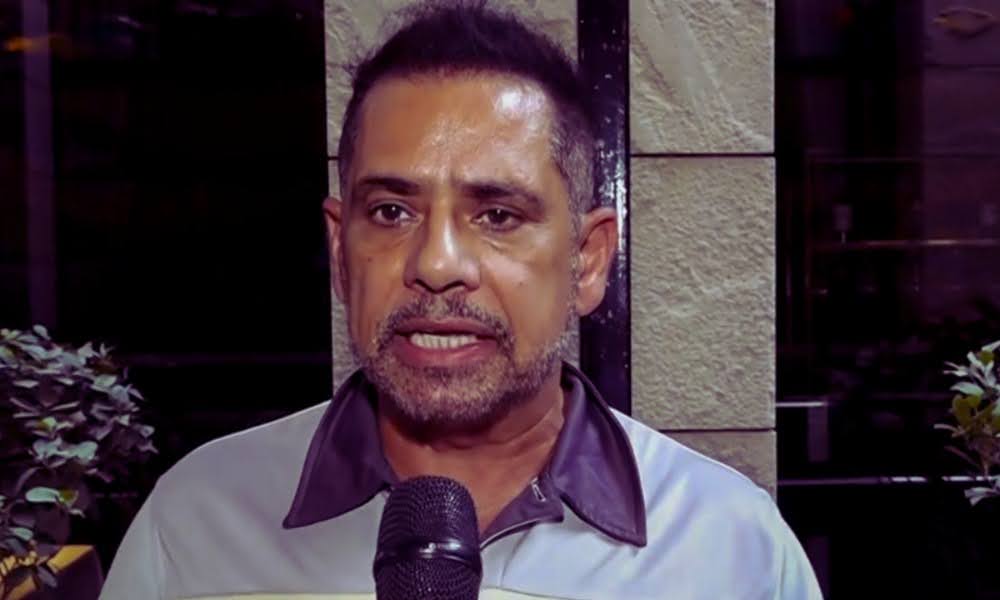Supreme Court Halts Defamation Case Against Rahul Gandhi Over 2018 ‘Murder’ Remark on Amit Shah
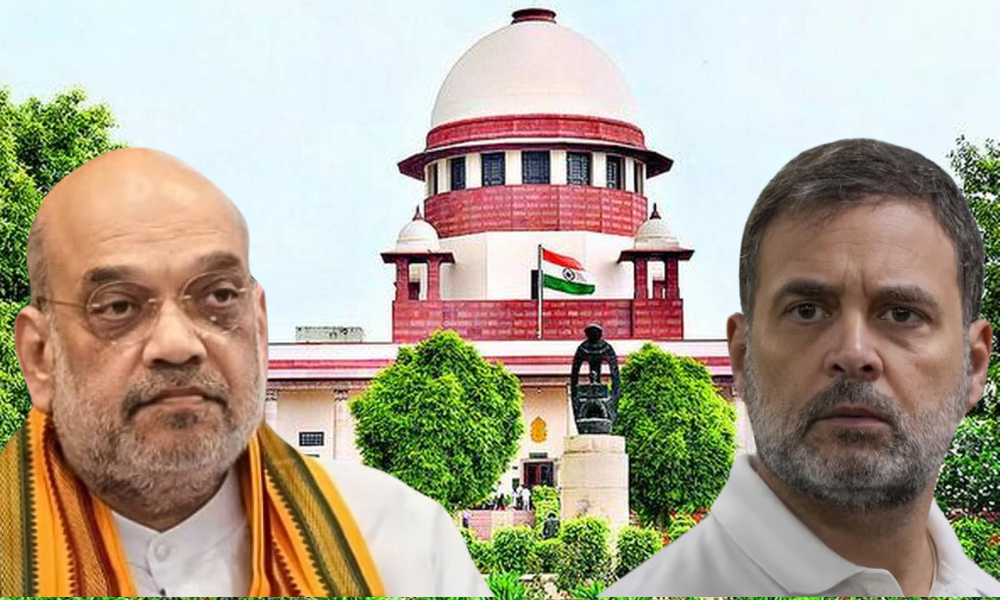
On Monday, the Supreme Court issued a stay on the proceedings against Rahul Gandhi in a criminal defamation case pending in a Jharkhand court.
The case relates to remarks allegedly made by the Congress leader during the 2019 Lok Sabha election campaign, where he referred to Union Home Minister Amit Shah as a “murderer.”
The Supreme Court’s order came after Gandhi filed an appeal challenging a decision by the Jharkhand High Court that refused to quash the summons issued to him by a trial court.
The apex court also issued notices to the state government and the complainant, Naveen Jha, a BJP worker, seeking responses to Gandhi’s petition.
Gandhi’s Defense: Defamation Laws and Proxy Complaints
During the hearing, Senior Advocate Abhishek Manu Singhvi, representing Rahul Gandhi, argued that the defamation case was filed by a third party, which is not permissible under defamation laws.
He questioned, “If you are not the person aggrieved, how can you have a proxy filing of complaint?” Singhvi emphasized that only the aggrieved party can file a defamation complaint.
In this case, the complainant, Naveen Jha, was not the individual allegedly defamed, making the complaint legally invalid.
The defamation case stems from Gandhi’s remarks made during a public speech in Chaibasa, Jharkhand, in 2019.
In the speech, Gandhi allegedly referred to Amit Shah as a “murderer” and criticized BJP leaders as “liars” and “drunk on power.” Jha, a BJP member, filed the case against Gandhi in the same year, accusing him of defaming Shah and the BJP.
Jharkhand High Court’s Rejection of Gandhi’s Petition
Initially, a magistrate court in Ranchi had dismissed Jha’s complaint. However, the Judicial Commissioner in Ranchi overturned this dismissal in 2018 and ordered the magistrate to review the evidence and pass fresh orders.
In November 2018, the magistrate court concluded that there were sufficient grounds to proceed with the case under Section 500 of the Indian Penal Code (IPC), which deals with defamation.
Consequently, a summons was issued for Rahul Gandhi to appear in court. Gandhi then moved to the Jharkhand High Court, seeking to quash the summons.
However, Justice Ambuj Nath of the Jharkhand High Court dismissed Gandhi’s plea, ruling that the remarks made by Gandhi were “prima facie defamatory in nature.”
The High Court found that Gandhi’s statements suggested that BJP leaders were “liars” and “drunk with power,” and were willing to accept a leader accused of murder as their party president.
The court concluded that these remarks tarnished the reputation of BJP leaders and were defamatory under Section 499 of the IPC, which covers imputation against individuals or groups.
Supreme Court Issues Stay on Trial Court Proceedings
The Supreme Court’s decision on Monday temporarily halted the trial proceedings in the defamation case.
Justices Vikram Nath and Sandeep Mehta, while issuing notices to the Jharkhand government and the complainant, ordered that the trial court’s proceedings remain stayed until further orders.
The bench also granted four weeks’ time for Jha and the Jharkhand government to respond to the petition.
During the hearing, Senior Advocate Abhishek Manu Singhvi reiterated that the defamation complaint was invalid as it had been filed by a third party.
He argued that, under defamation law, a complaint must come from the person who is directly aggrieved by the alleged defamatory statement.
The Supreme Court’s stay order brings temporary relief to Gandhi, who had previously contested the legal proceedings against him in both the Jharkhand High Court and the Ranchi Magistrate Court.
The Defamation Case: Background and Legal Developments
The defamation case dates back to 2019, when Naveen Jha filed a complaint against Rahul Gandhi for calling Amit Shah a “murder accused” and accusing BJP members of being “drunk with power.”
Jha, a BJP worker, claimed that Gandhi’s remarks were harmful to the reputation of Shah and the BJP party. Gandhi later challenged the case in the Jharkhand High Court, which rejected his plea to quash the proceedings, thereby allowing the trial to continue.
In a similar case in 2023, the Supreme Court stayed Gandhi’s conviction in another defamation case, where he had allegedly remarked that “all thieves have the Modi surname.”
This earlier conviction had resulted in Gandhi’s disqualification from the Lok Sabha, but the Supreme Court’s intervention led to his reinstatement as a Member of Parliament.
Future of the Defamation Case
With the Supreme Court’s stay, the defamation case against Rahul Gandhi is temporarily halted, and the future of the case depends on the responses from the Jharkhand government and the complainant.
The court’s decision to issue notices and stay the proceedings provides Gandhi with some reprieve as the legal battle continues.
The case has drawn significant attention, with political implications surrounding defamation laws and the role of third-party complainants in such cases.




